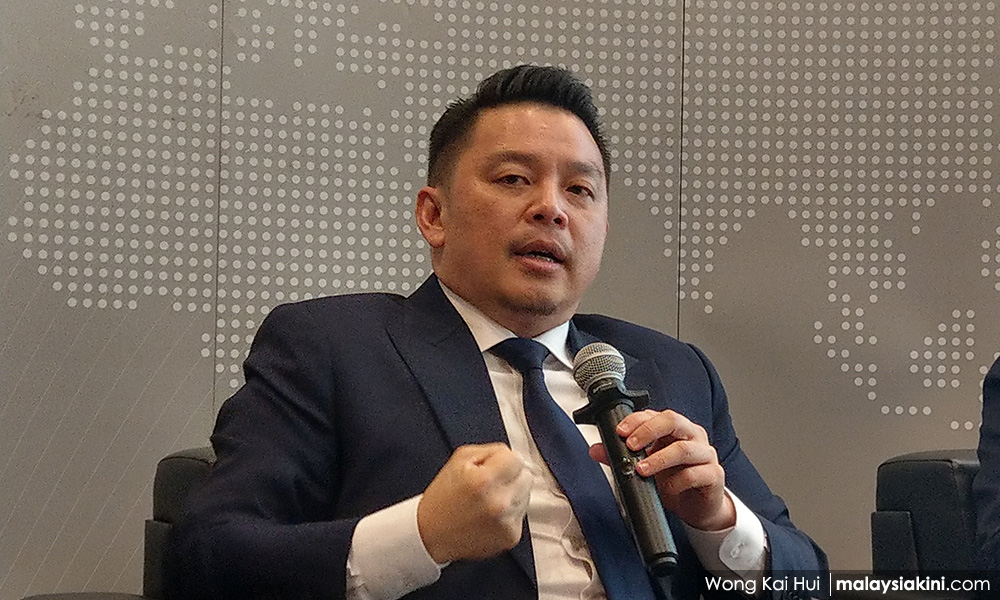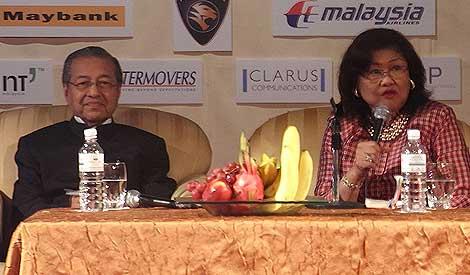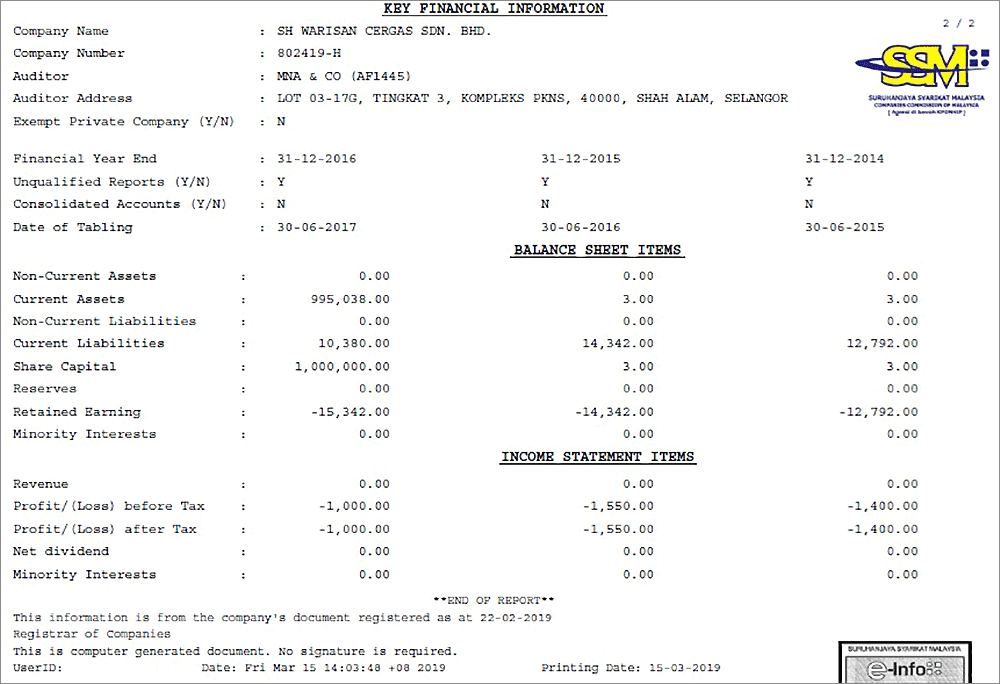
A dormant company is among the 164 companies that received Open Approved Permits (APs) to import used cars in January.
This is despite government assurance that all recipients were vetted by an independent auditor to ensure met set criteria, including to have operated an automobile trading business for at least two years.
Financial statements filed by SH Warisan Cergas Sdn Bhd with Companies Commission showed it had zero revenue from 2014 to 2016, which is the last year it filed a statement with the commission.
However, its director Rashid Abas @ Hamzah claimed it is just a filing mistake and that he has instructed his company secretary to rectify the matter.
“I am not an accountant, so I leave these matters to the company secretary. How can I run a business with zero revenue?” Rashid asked.
It recorded zero revenue for 2014 to 2016 and sustained losses of between RM1,000 to RM1,500, the Companies Commission records viewed this week showed.
The application period for the APs was from May to June 2016.
Rashid’s assertion also contradicts his company secretary, who confirmed with Malaysiakini that the Companies Commission’s records on SH Warisan Cergas are reliable.
‘New AP holders given time to meet criteria’
Rashid said he owned and operated a used car dealership when he applied for the AP, but the showroom has since been demolished to make way for a highway.
He also owns other businesses that are all parked under a holdings company, and these were all declared during the application process, he said.
Earnings from these businesses were used to meet the RM1 million paid-up capital required by the Ministry of Trade and Industry (MITI), and to pay for the RM10,000 per permit fee. SH Warisan Cergas owns 50 permits.
“I was interviewed for three hours, and we had to show how we plan to grow our business and make it sustainable.
“It wasn’t an easy process and these stringent criteria are to make sure we bumiputera traders are competitive and are able to survive once the AP is phased out,” he said.
Work on SH Warisan Cergas’ new showroom in Kuala Lumpur started after he received word that his application is successful, he said.
“It should be ready by May. MITI gave new AP holders six months to comply with the requirements.
“It is only fair since we have to wait until the application is approved to make any business decisions,” he said.
Malaysiakini has contacted MITI for clarification and is awaiting a response.
Most AP holders have vehicle trading business
A vast majority of companies in the AP list have at least an online presence showing their involvement in vehicle trading and servicing.
Of the 164 firms awarded APs, 133 are members of the Malaysian Vehicle Import and Trading Association (Pekema).
To be a Pekema member, a business must be actively trading and operates a vehicle showroom.
Last week, Minister of International Trade and Industry Darell Leiking assured that all firms awarded APs have met the set criteria and have gone through independent audits.

The previous BN-led administration had planned to abolish the AP system in 2015 but buckled under stakeholder pressure.
It reopened applications in 2016, and imposed strict criteria meant to stop abuse. A list of approved applicants was published on the MITI website in January 2019.
To qualify for the AP, companies must be a private limited (Sdn Bhd) entity with 100 percent bumiputera ownership.
They must also have at least two years’ experience in automobile trading and must already be in operation, with a suitable office and showroom.
In addition, they must show the financial and managerial capacity to import, distribute and sell the cars brought in using the APs, and abide by several other requirements.
Leiking also urged the public to report any abuse, including the old practice of selling the APs to the highest bidder.
This followed claims on an automotive news blog that new AP holders are have approached established car traders to sell their permits.
‘APs can be sold for at least RM40,000’
In 2005, now Prime Minister Dr Mahathir Mohamad was a vocal critic of the AP, which he said unfairly enriched politically-connected individuals who do not use it to import and trade used cars, but to make easy money by selling the permits to legitimate car traders.
He also said the flooding of reconditioned imported cars was a threat to Proton.
The attack on APs caused a major rift between Mahathir and then International Trade and Industry Minister Rafidah Aziz.
Rafidah responded by releasing the list of all AP holders, which included Mahathir’s son Mokhzani.
She also defended the AP practice as a means to break ethnic Chinese monopoly in the automobile trading sector.
Mahathir said Mokhzani did not abuse the system but was legitimately importing and selling luxury vehicles.
Mokhzani held exclusive rights to import Porsche cars, but passed it on to government-linked firm Sime Darby in 2010 to “get away from the AP and import of car business”.

Then minister in the prime minister’s department Nazri Abdul Aziz had at the time estimated APs could be sold to car traders for RM40,000 to RM50,000 apiece.
Critics of the system said this inflated the prices of imported reconditioned cars, with car traders adding the cost of buying APs from rogue permit holders into the final retail price.
International Trade and Industry Deputy Minister Ong Kian Ming, however, said vehicles imported using APs only make up about 10,000 cars – a number too small to skew the market. - Mkini




No comments:
Post a Comment
Note: Only a member of this blog may post a comment.